
Reducing Winter Colic Risk in Your Horse
Dr. Clair Thunes offers advice for preventing colic when the weather turns cold.

Dr. Clair Thunes offers advice for preventing colic when the weather turns cold.

How veterinarians navigate 4 common scenarios, from dehydration to the postpartum period, that increase colic risk.
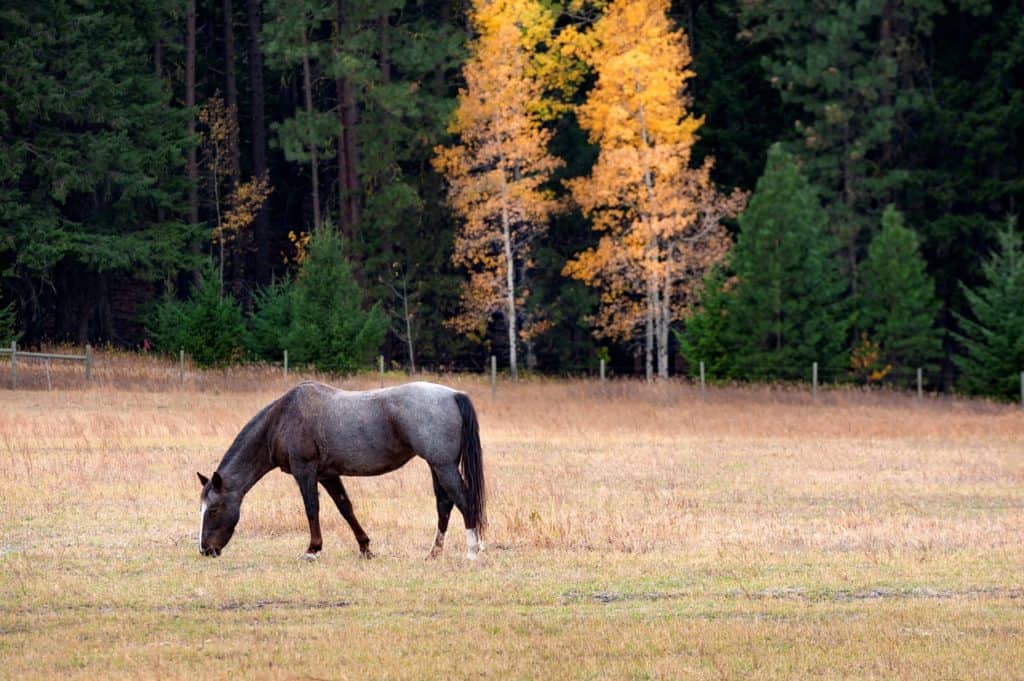
Nutritionist Dr. Clair Thunes shares advice on how to reduce your horse’s risk of colicking this fall.

8 important tasks to check off your list before the colder weather arrives.
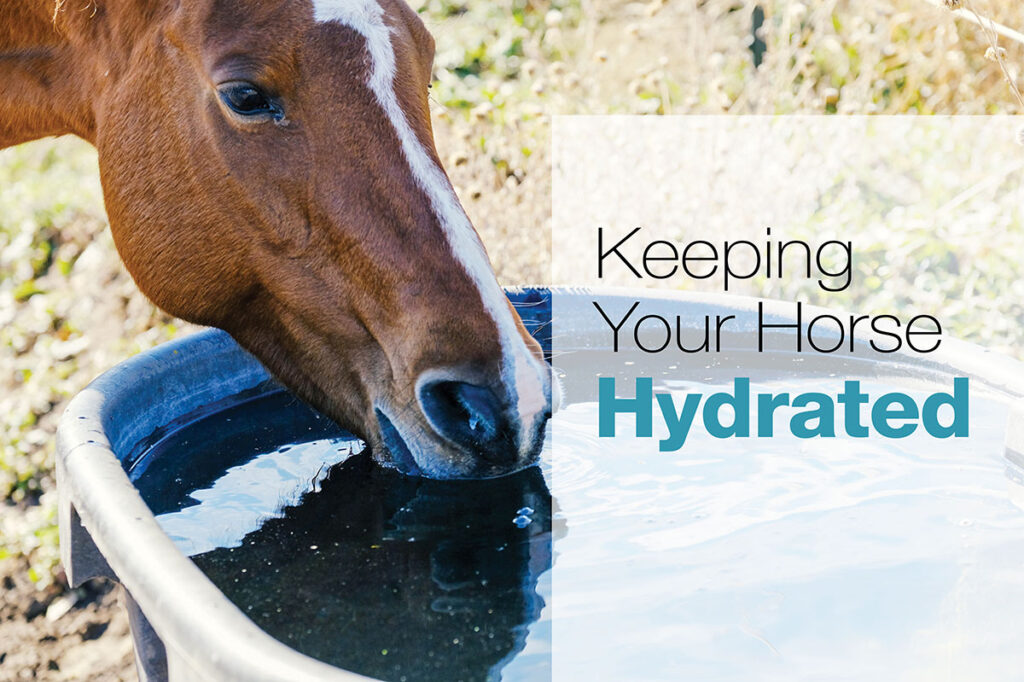
Facts about equine hydration and how to ensure your horse gets the water his body needs.
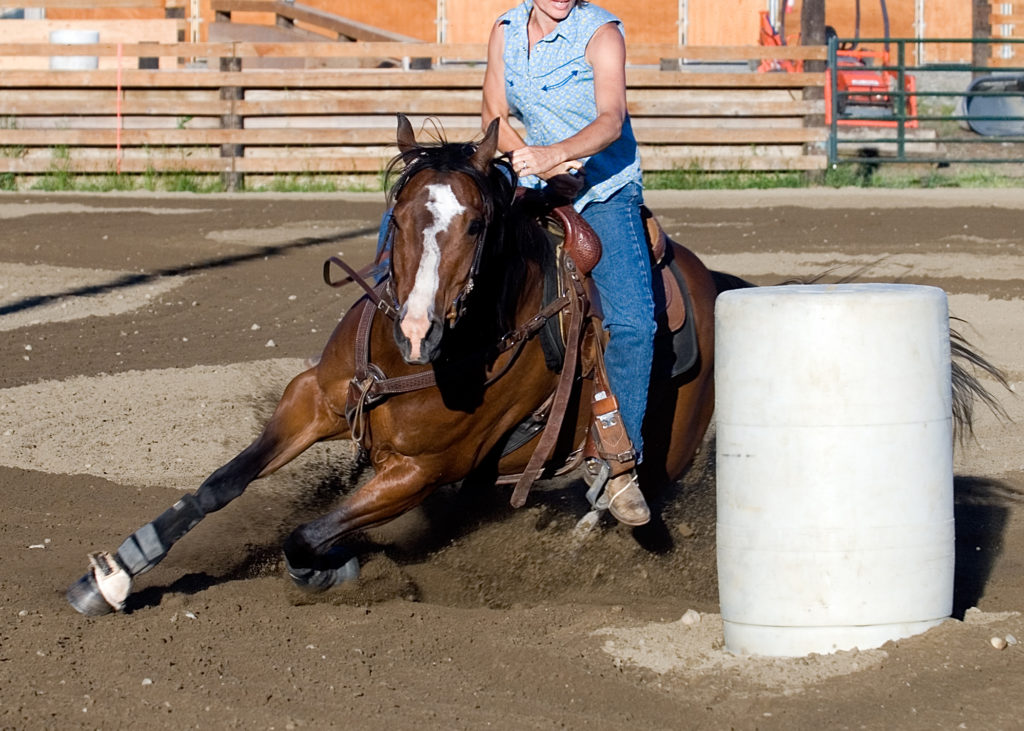
How do you build a nutritional program that supports your high-intensity equine athlete? Three experts share their advice.
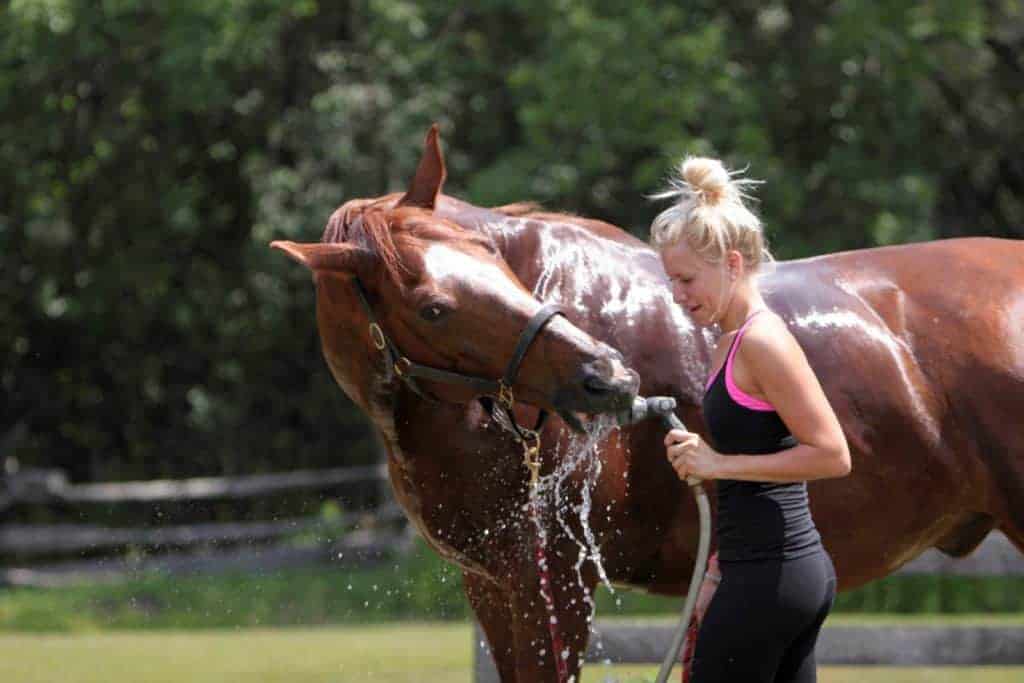
As tough as steamy summers can be on humans, they can be even harder on horses. Two veterinarians share tips on how to help your horse beat the heat this summer.

Learn how fluid therapy enhances horses’ recovery from life-threatening diseases by correcting dehydration and shock.

Feeding hard-working endurance horses is as much art as it is science. Our sources walk you through an endurance horse’s diet, from conditioning to post-race.
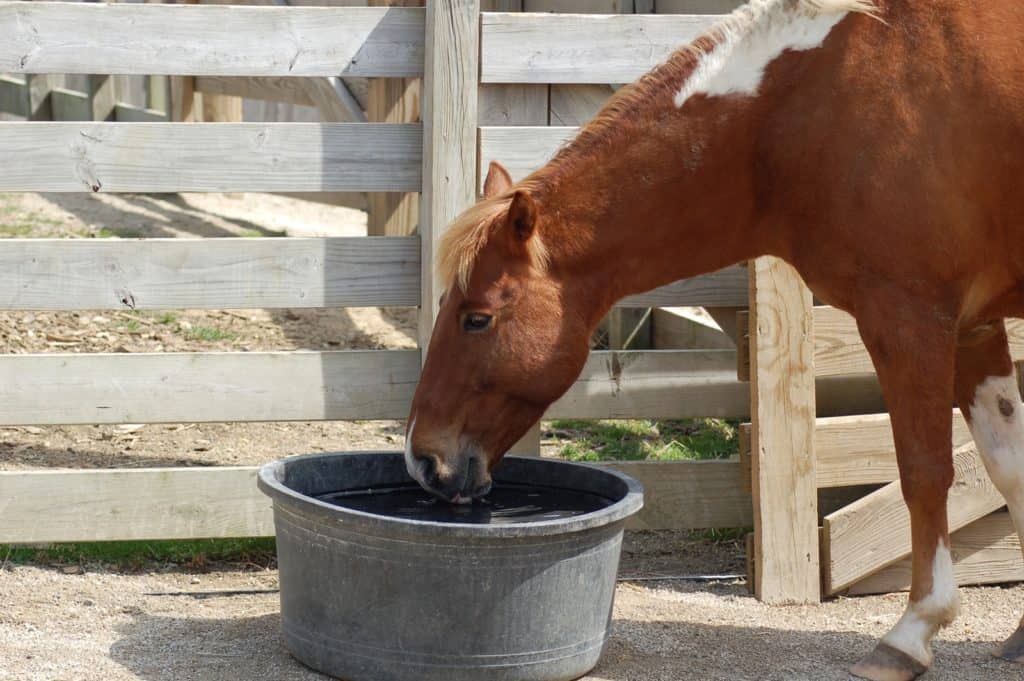
Water and electrolytes are key to minimizing heat stress and dehydration, and continuous application of 60-78.8 F water is best for cooling.

What causes free fecal water syndrome in horses and how diet plays a part.

Follow these steps to keep your horse cool and comfortable in the heat.

Does alfalfa make horses “hot”? Should they not eat before exercising? Many of our feeding practices are based on tradition, but what’s really best for our horses?

Three top sports medicine veterinarians say the best way to stay competitive is by developing a proactive approach to managing every aspect of your horse’s health and soundness.
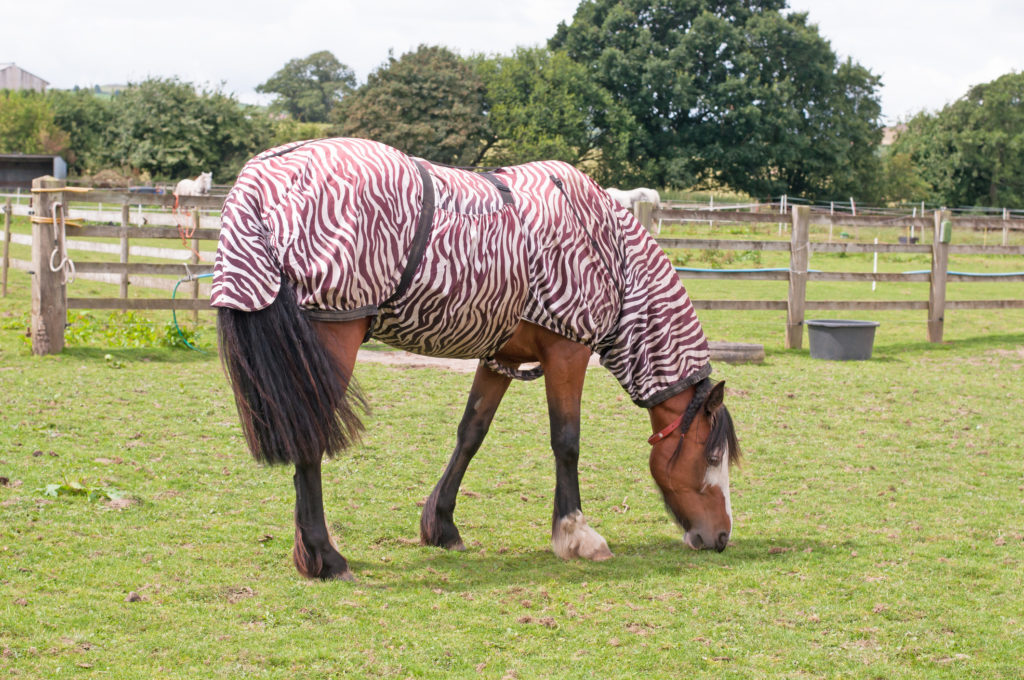
Help keep your horse healthy and get the most out of the coming months by increasing your understanding of—and watching for—five common health conditions seen during the summer.

Learn about exhausted horse syndrome, its clinical signs and causes, and how to prevent and treat it.
Stay on top of the most recent Horse Health news with
"*" indicates required fields